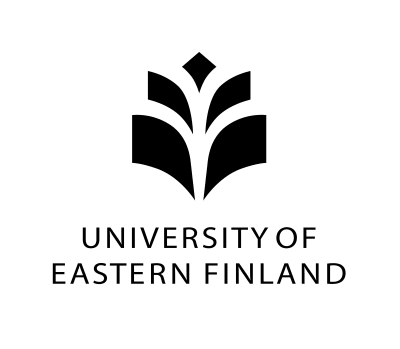
Master in Photonics
University of Eastern Finland

Key Information
Campus location
Joensuu, Finland
Languages
English
Study format
On-Campus
Duration
2 years
Pace
Full time
Tuition fees
EUR 8,000 / per year **
Application deadline
Request info *
Earliest start date
Sep 2025
* The next application period will be in January 2025.
** Please note that details regarding tuition fees, tuition waivers, and scholarships for the 2025 intake will be finalized and communicated at the earliest convenience.
Introduction
Master's Degree Program in Photonics is a two-year program taught in English at the Institute of Photonics, University of Eastern Finland, Joensuu, Finland. Master's degree in Photonics offers outstanding skills needed in international careers in optics, photonics, and related fields. The program covers all important aspects from theory to practical work in laboratories with world-class facilities. The education is based on high-quality photonics research in the department. Our graduates find work as technology specialists, researchers, and project managers in the development organizations and R&D departments of the photonics industry.
A generous scholarship scheme is offered to those students who are required to pay tuition.
Finland is a safe, clean, and technology-driven country that, as a member of the European Union, actively promotes democracy, the rule of law, and human rights. Finland has one of the highest standards of living in the world and the country is known as one of the global leaders in welfare know-how and modern technology. The high quality of the Finnish education system is internationally recognized.
Curriculum
Studies
The Master of Science (M.Sc.) in Photonics is a two-year full-time study program. Master's degree consists of 120 ECTS credits of studies in one main subject, photonics. One ECTS credit corresponds to 25-30 hours of work.
Learning objectives
The objective of a Master's degree in photonics is to give students good expertise to modern optics and photonics at both theoretical and experimental levels. This contains the ability to understand optical phenomena, design, and analysis of optical systems, fabrication methods of photonic structures, and ability to scientific and technical communication in photonics. This all gives the capability to work in photonics related companies as an expert and developer- and to continue to Ph.D. studies in photonics. The education is based on high-quality photonics research in the department.
Degree structure
- Courses and laboratory practices 90 ECTS
- MSc Thesis 30 ECTS
Total of 120 ECTS
Studies consist of the following modules:
- General studies form the basis for further studies.
- Core courses provide a fundamental basis for light and light-matter interaction.
- Laboratory practices contain a large amount of practice working in photonics.
- Waves and scattering consist of advanced topics on modern light propagation and scattering.
- Light and Matter inspect light-matter interaction at the microscopic level.
- Displays, Colors, and Applications introduce some special topics on optics.
- The master thesis is your own large project.
Gallery
Ideal Students
Who should apply?
Graduates who are seeking challenges in the field of optics and photonics and who hold a Bachelor's degree or equivalent in physics, optics, photonics, physical and engineering sciences with an extensive physics basic education, or another discipline related to the program, entailing proficiency in physics and mathematics.